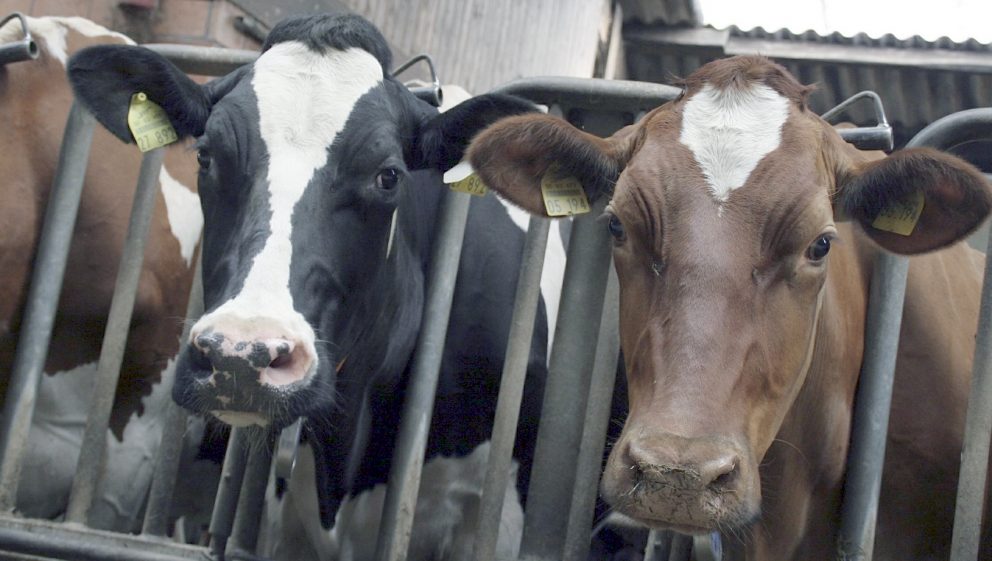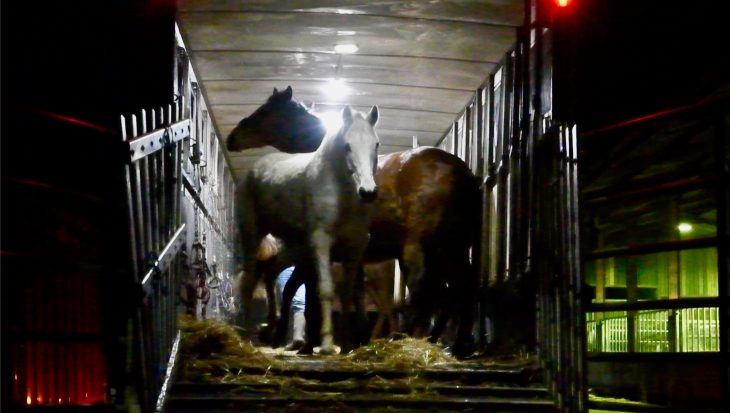A new report by the UN’s Global Environment Outlook (GEO) makes it very clear that there must be a global shift in eating habits if we are to protect the environment.
Animal farming, the report states, accounts for 77 per cent of global land use and is one of the biggest causes of wildlife habitat loss, greenhouse gas emissions and deforestation. The production of red meat in particular is one of the main drivers of deforestation in the Amazon.
A plant-based diet requires much less land and fewer resources, and produces fewer greenhouse gases. Previous research in this field found that beef generates at least six times the greenhouse gas emissions per kilo of protein as soya beans.
The report also makes a very good economic and environmental case for the continued investment in and production of lab-grown meat, also known as clean meat, because it requires smaller quantities of agricultural inputs and land compared to raising livestock.
“Reducing overall meat consumption as well as providing alternatives to conventional livestock production (e.g through plant-based meat alternatives) would substantially reduce the agricultural land-use footprint.”
Read more in The Times


